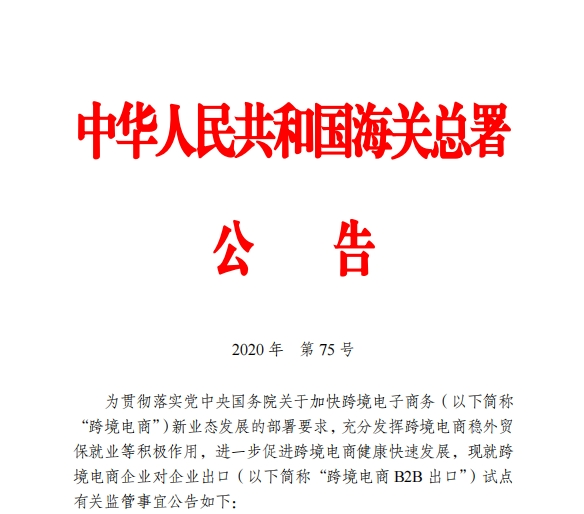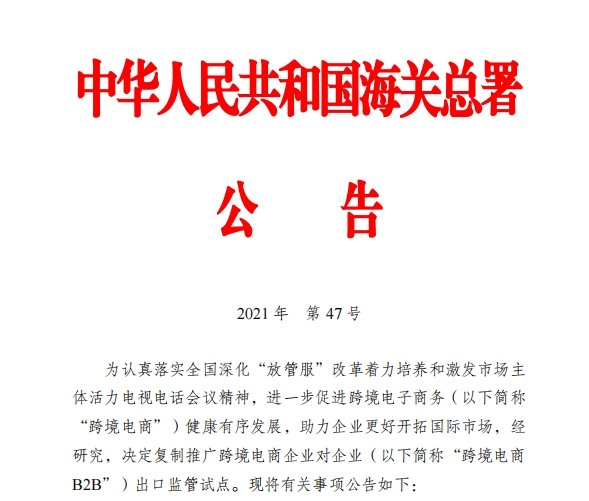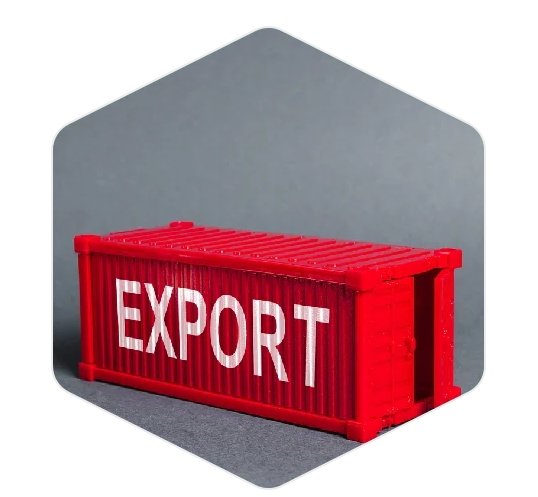Sanctions include UN sanctions, which mainly target weapons, nuclear technology and specific individuals or entities; EU sanctions, which mainly involve financial transactions, energy, transportation and other fields; and US sanctions, and special attention should be paid to the US secondary sanctions, which involve a wide range of financial, energy and shipping fields, which may affect transactions. Export controls mainly include technology and product controls and dual-use items, so it is necessary to confirm whether the product is a dual-use item (civilian and military).
The precautions are summarized as follows:
1. Compliance policies and procedures, formulate detailed compliance policies covering all aspects of international sanctions and export controls, and provide relevant training to employees on a regular basis to ensure that they understand sanctions and export control regulations.
2. Transaction risk assessment, conduct strict due diligence on customers and suppliers, review the background of customers and suppliers, and ensure that no transactions are conducted with sanctioned individuals or entities. And conduct a review before each transaction to ensure that there is no violation of sanctions and export control regulations.
3. Payment risk control, confirm that the payment channel does not involve sanctioned banks or financial institutions, and ensure that the payment process is compliant. At the same time, a backup payment plan needs to be formulated to prevent payment interruptions caused by sanctions. Keep compliance records of all financial transactions for review.
4. Supply chain and logistics management, review all links of the supply chain to ensure that no sanctioned entities or individuals are involved, and add compliance clauses to the agreement with suppliers to ensure that suppliers also comply with relevant regulations. In logistics control, compliance screening and destination control are also required.




